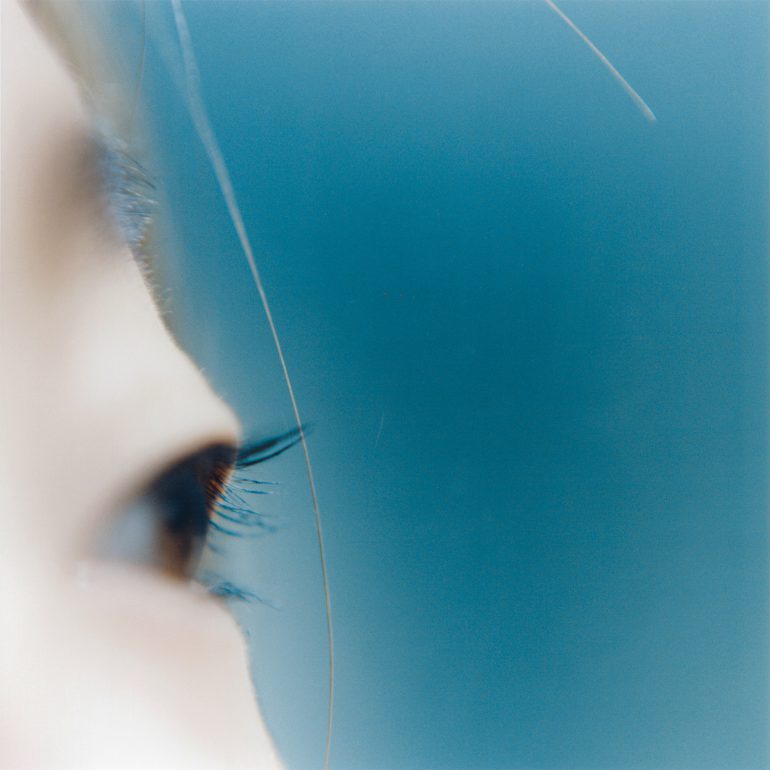The influence of women within Japanese photography has been highly underestimated. This oversight is corrected in the exhibition I’m so happy you are here – Japanese women photographers from the 1950s to now in Fotomuseum Den Haag.
While the work of male Japanese photographers has received much attention in the West in recent decades, their women colleagues have remained under the radar until now. This exhibition provides the first major platform for the work of 26 Japanese women photographers whose highly creative and experimental work offers a new perspective on Japanese society and culture: a woman’s point of view.
Japanese women photographers have tackled a range of topics, from their position within society to the discovery of transcendence in everyday scenes. Many of the photographers featured in this show use their personal stories to explore the role of women, to question issues of gender and identity, and to critique patriarchal norms. Often, the isolated position of Japanese women artists seems to have given them the freedom to push aside traditional photographic conventions and to fully embrace experimentation.
While not aiming to be exhaustive, the exhibition provides a basis for an in-depth examination of the contributions of Japanese women to photography. The historical and contemporary photographs displayed in the exhibition shows the work of the pioneering women and highlight three important themes: observations of everyday life, a critical view of the social position of women, and an experimental approach to the photographic form.
The exhibition explores the work of pioneering women who claimed their position in the male-dominated world of photography from the 1950s onwards. Several of the photographers succeed in creating extraordinary images from seemingly unremarkable moments. For example, Ushioda Tokuko photographed household appliances, with the refrigerator representing an intimate glimpse into her own and others’ private lives. In the series Mothers by Ishiuchi Miyako, quotidian objects such as lipstick take on an emotional charge when we learn that they belonged to her recently deceased mother.
Questioning cultural and societal assumptions about the role of women is a constant in the work of many photographers. Tokiwa Toyoko’s groundbreaking images show women in a variety of roles, from sex workers to nurses, challenging prevailing views of ‘women’s work’. By contrast, Yanagi Miwa presents women in staged, colourful compositions as homogenized figures who conform to society’s norms, stripped of their individuality and voice.
Kawauchi Rinko, Untitled, 2004, from the series the eyes, the ears. Courtesy of the artist and Aperture
18 January – 5 May
www.fotomuseumdenhaag.nl
